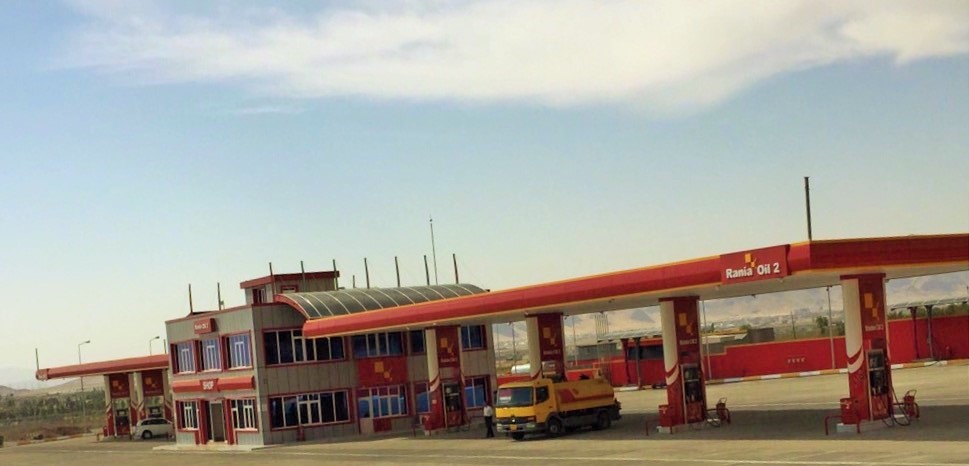Gasoline
Gasoline is a light distillate obtained from oil that contains hydrocarbons with a carbon atom number of C4-C12 and with a typical distillation interval of between 30°C and 200°C, and it is ideal for fuelling internal combustion engines.
Gasoline is obtained by mixing components from different plants, even if they are not all present in the various refineries.
The most frequently used products are:
- Butane (C4), from various refinery plants;
- Virgin Naphtha, straight run from primary distillation;
- Reformed Naphtha, from catalytic reforming;
- Light Catalytic Naphtha (LCN), from catalytic cracking;
- Isomers, from an isomerization process;
- Alkylates, from an alkylation process;
- MTBE or other ether oxygenates (ETBE, TAME);
According to the number of the Research Octane Method, unleaded gasoline is divided into normal ( > 95 RON) and super (>98 RON).
Gasoline can be mixed, in ratios defined by the technical norms, with some bio-fuels such as ethanol or ETBE.


